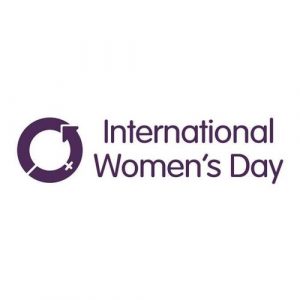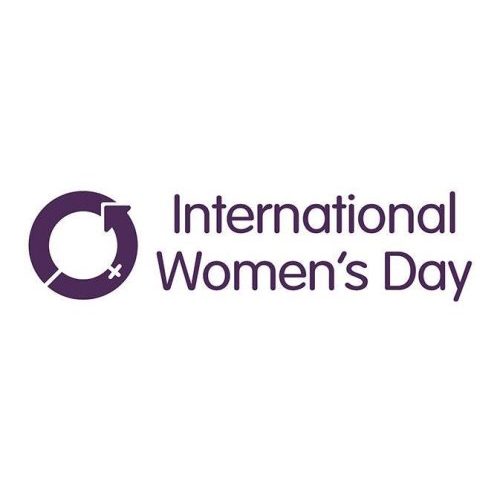 #BalanceforBetter is the theme for this year’s International Women’s Day, observed on March 8. As the world celebrates women’s achievements and raises awareness of discrimination in its fight for gender equality, the capital markets industry reflects on the historical gaps between genders in investing and financial matters.
#BalanceforBetter is the theme for this year’s International Women’s Day, observed on March 8. As the world celebrates women’s achievements and raises awareness of discrimination in its fight for gender equality, the capital markets industry reflects on the historical gaps between genders in investing and financial matters.
A report by Australia-based research house Investment Trends found that more women are investing and taking control of their financial future than ever before, with the number of Australian female online investors doubling from 76,000 to 150,000 between 2013 and 2018. Still, women account only for one-fifth of the country’s online investors.
Suzie Toohey, Global Head of Client Service and Sales at Investment Trends, commented:
“The twofold increase in the female online investor population over the last five years shows that more women are building their wealth and moving towards an independently secured financial future. While females are joining the active online investor population in Australia at increasing rates, there’s a very long way to go before we reach parity as women still represent only 20% of Australia’s online investors.”
Women More Likely to Prioritize ESG Factors
Regarding the financial products that most resonate with women, the firm spotted that investment in ETFs increased from 7 percent to 25 percent in the last five years. The ESG (Environmental, Social, Governance) criteria, which measure the sustainability and ethical impact of an investment in a company, is taken very much into account by female investors, with 29 percent considering it “very important”, compared to 19 percent for their male counterparts.

“The ability of ETFs to provide convenient, low-cost access to a diversified investment portfolio resonates strongly with female investors across Australia, giving them an efficient way to build a core portfolio without needing to pick individual stocks”, Suzie Toohey said. “The growing number of ESG investment products in Australia will certainly give investors, women and men alike, more choices that align with their investment philosophy.”
Financial security, however, remains an obstacle for narrowing the gap between genders as Australians build their wealth and plan for a retirement with a reasonable lifestyle.
“While more women are investing and taking control of their financial future than ever before, the gap between the independent financial security of men and women remains too large, and the wealth management industry must continually increase its focus on delivering products and services that work for women, and work for them at every stage of their life – young, middle-aged or mature; single, partnered or widowed”, Investment Trends’ Toohey concluded.
Women Are Better Investors But Have Less Liquidity
An estimate by Boston Consulting Group found that private wealth held by women grew from $34trn to $51trn from 2010 to 2015. That represents 30 percent of all private wealth in the world, according to BCG. The firm expects women to converge further in years to come, holding $72trn (32 percent of the total) by 2020.









